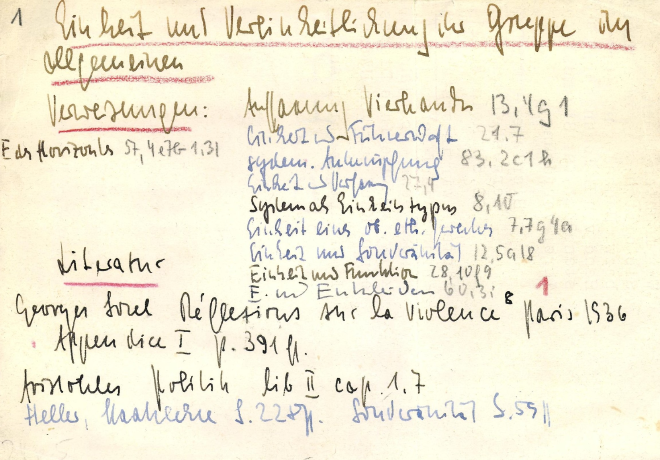My (ideal) workflow from daily journaling to Zettelkasten
Table of Contents
Why the daily journal? #
I have come to the (ideal, of course) conclusion of the dilemma about the best framework to use to build a personal-knowledge-management system that is sustainable over time. The crux of my system is the use of logseq (no questioning the approach with outline). I write anything in the daily journal, without worrying about creating new pages or defining hierarchies, every morning I wake up and there I have a nice empty page waiting for me. I breathe and the writing begins. The concept is to perform a kind of interstitial journaling but without the TODO management part (for that I still use, alas, todoist).
Daily journal does not mean “bin” #
The key point is to tag all journal entries correctly, otherwise the risk of not being able to find the information anymore becomes certain, even using queries. I personally use a global # (e.g., fleeting) for everything I can think of and assume needs further development. For my thoughts, paranoia and crises I use the #thinking tag, for example. The concept of tags (in logseq is analogous to the concept of backlinks [[]]. Same thing.
Beware of Zettelkasten #
The idea of building a Zettelkasten system from the daily journal makes sense, but some necessary caveats must be made: first of all, one must not risk falling into the trap of turning any consumed content into a “zettel.”

Writing a zettel (or permanent note) is fine if:
- I find this note useful in the current context in which I write it (today)
- I also find this note useful in an average defined future time (a week, month, or year from now). There is no point in creating a zettel just because a concept might be useful (yes, but when?).
These two points are fundamental to respect because otherwise it all becomes incredibly untenable. I see people trying to pull zettels out of every sentence on every page of the book they are reading-pure insanity!
Obviously between the pages of the daily journal and the Zettelkasten there can be backlinks and connections: if this zettel (atomic note) I wrote 2 years ago doesn’t fit as a concept, I might find it interesting to jump to the relevant daily journal to understand the context and why I came to such conclusions.
Conclusion (BUJO forever!) #
To summarize, daily journal (interstitial) for everything and ad-hoc zettel creation relatively useful if needed. No point in rewriting content if it can be searched online.
Practical example #
It will come..